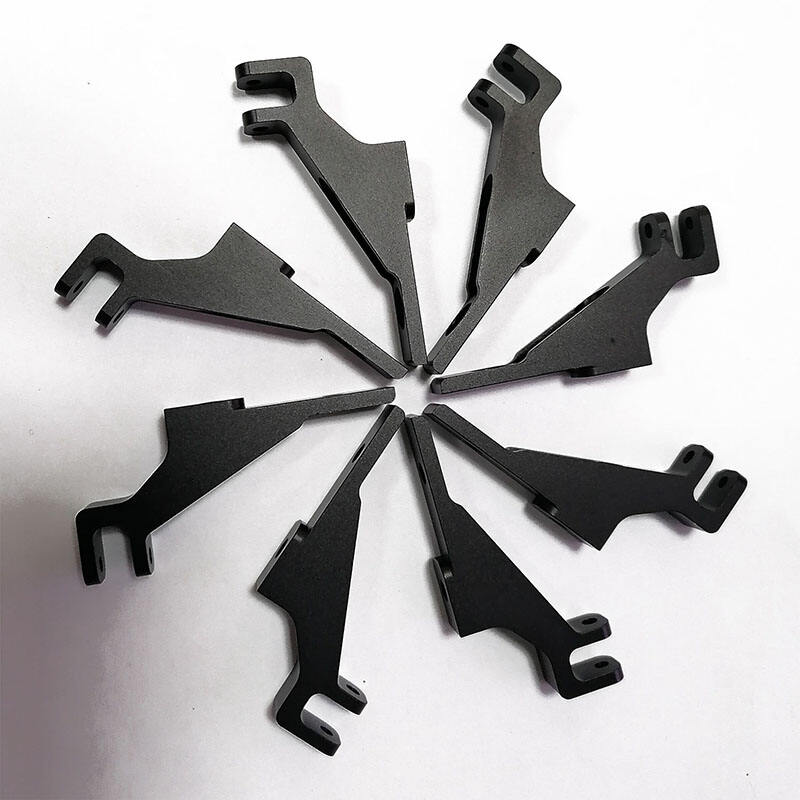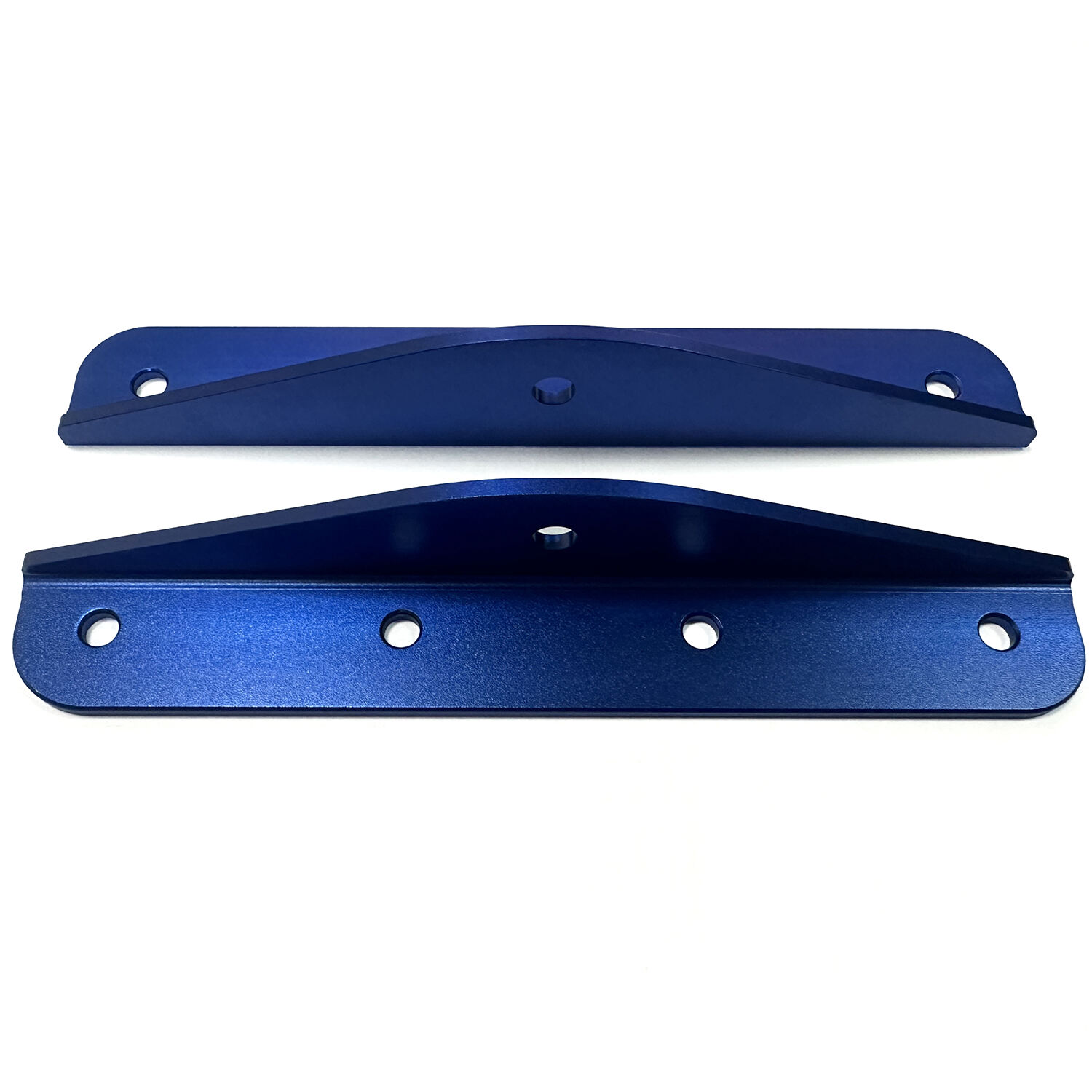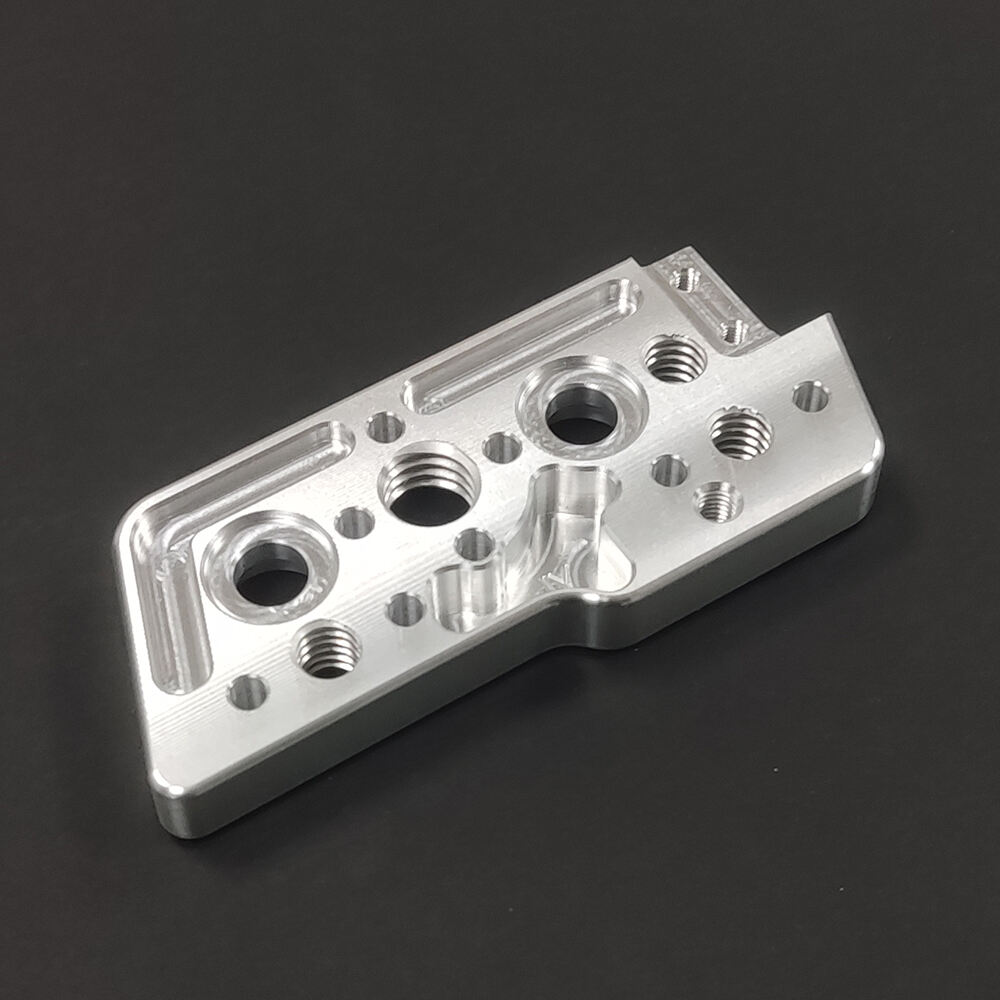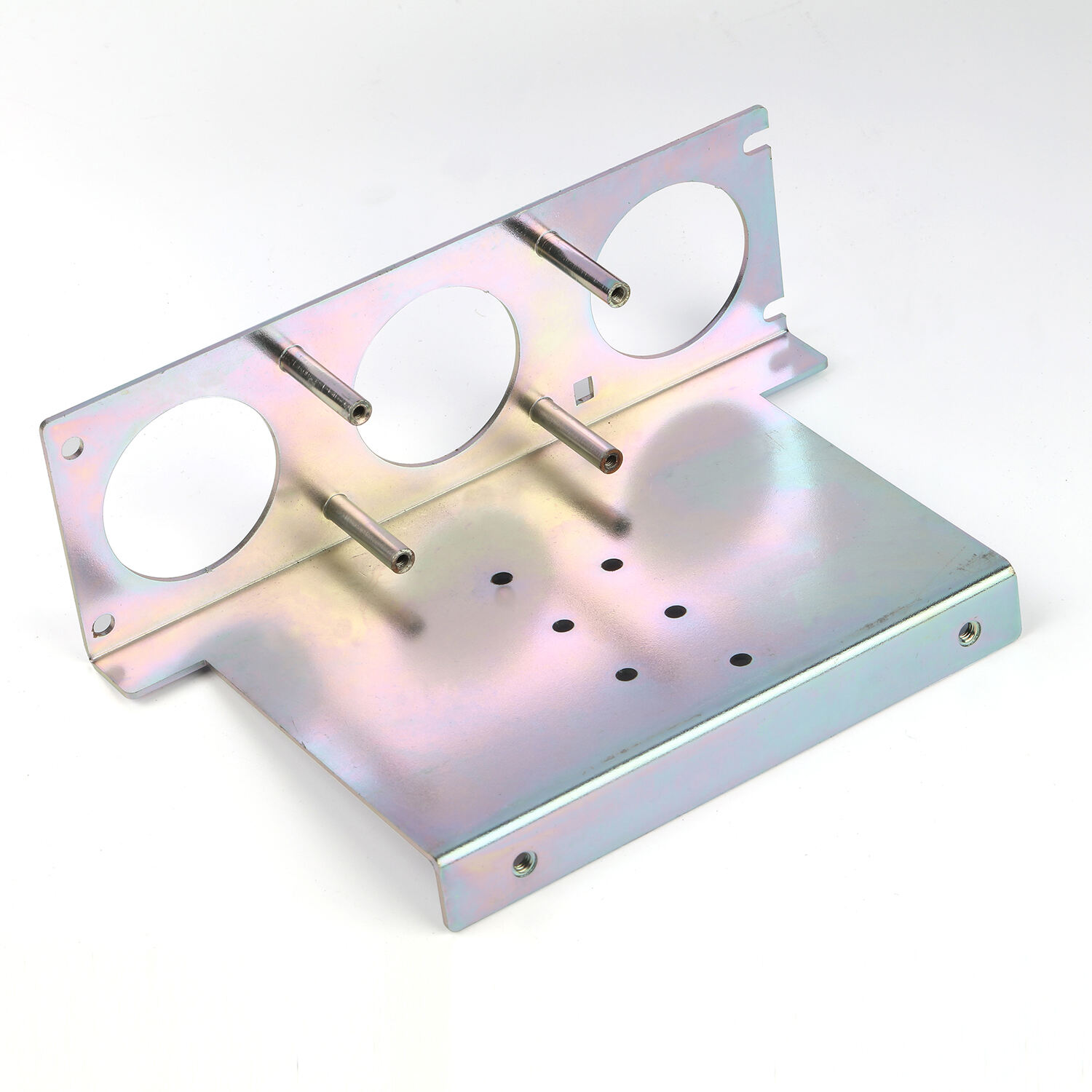Precision Metal Machining: The Art of Crafting Excellence in Metal Parts
Introduction: The Soul of Precision Machining
It is an embodiment of the union between technology and art in manufacturing is precision metal machining. This process, which calls for a high degree of specialization, involves the fashioning and fashioning of precise and intricate parts as well as assemblies from metallic materials to meet the demanding needs of industries ranging from aerospace to medicine. It embodies precision in its nature that seeks accuracy, repeatability and quality thus driving innovation and efficiency in modern manufacturing.
The Importance of Precision: Where Accuracy Counts Most
Precision Needs Micro-Means
Several techniques can be classified under precision metal machining such as milling, turning, drilling, grinding or EDM (Electrical Discharge Machining) each intended for unmatched levels of accuracy. These methods allow creating components with tolerances accurate to a few micrometres that are meant to fit into complex systems where even the smallest deviation may lead to compromised performance.
Applications Across Industries
Precision in metal machining is more than mere numbers and tolerances. In aviation industry, where every gram counts and reliability is crucial for safety; individual components made by precision machining play a part in aircraft’s safety as well as efficiency. They make sure that medical equipment implants are placed accurately thereby less invasive procedures hence better outcomes for patients. In automotive sector, it facilitates manufacture of high-performance engines together with critical safety systems while electronics depend on it to create smaller elements found on smartphones, tablets among other electronic devices.
Technology Behind the Precision
Sophisticated Machinery and Tooling
Modernly equipped machinery lies at the center stage when it comes to achieving precision metal machining. Computer Numerical Control (CNC) machines driven by highly sophisticated software enable programmed automatic precise cutting thus mitigating human error while increasing repeatability. Besides wearing good quality cutting tools such as inserts these machines are capable of shaping hardest metals like stainless steel titanium alloys or aluminium alloys with astonishing precision.
Innovations in Material Science
Progresses in Materials Sciences have revolutionized the capacity of Precision Metal Machining. For instance, new types of alloys and metals with improved mechanical properties including advanced ceramics and superalloys, necessitate an exceptional approach to machining. Constant research and development within this aspect guarantees that precision machining matches the pace with evolving requirements of contemporary manufacturing landscape.
Challenges and Solutions in Precision Metal Machining
Handling Complexity and Expense
As precise as it gets, precision metal machining comes with some challenges too particularly those related to complexity and cost. Higher level of intricacy in part designs may lead to increased machine time as well as greater material waste. However, complex shapes can be cut using multi-axis machining which reduces handling time making it more efficient. Moreover, lean manufacturing principles or optimization of materials help manage costs effectively.
Sustainability with an Eye on Tomorrow
Another challenge has been on how environmental sustainability will be incorporated into precision metal machining. It is important to institute strategies aimed at reducing waste including recycling scrap metal and adopting eco-friendly cutting fluids. Additionally purchasing energy efficient machinery together with promoting circular economy practices forms a greener manufacturing footprint.
Conclusion: The Outlook for Precision Metal Machining
Precision metal machining is a crucial part of modern manufacturing that keeps changing to meet the needs of tomorrow. Additive manufacturing (AM) and artificial intelligence (AI) in machine control are among the new technologies that have opened up avenues through which greater precision and efficiency may be achieved. The future of more complex products and systems means that the act of precision metal machining will continue to flourish thereby fostering innovation as well as superior metals part production.
Recommended Products
Hot News
-
Advantages of CNC machining
2024-01-16
-
What is CNC machining technology?
2024-01-16
-
The development trend of CNC machining
2024-01-16

 EN
EN
 AR
AR
 CS
CS
 DA
DA
 NL
NL
 FI
FI
 FR
FR
 DE
DE
 EL
EL
 IT
IT
 JA
JA
 KO
KO
 NO
NO
 PL
PL
 PT
PT
 RU
RU
 ES
ES
 SV
SV
 TL
TL
 ID
ID
 VI
VI
 TH
TH
 MS
MS













